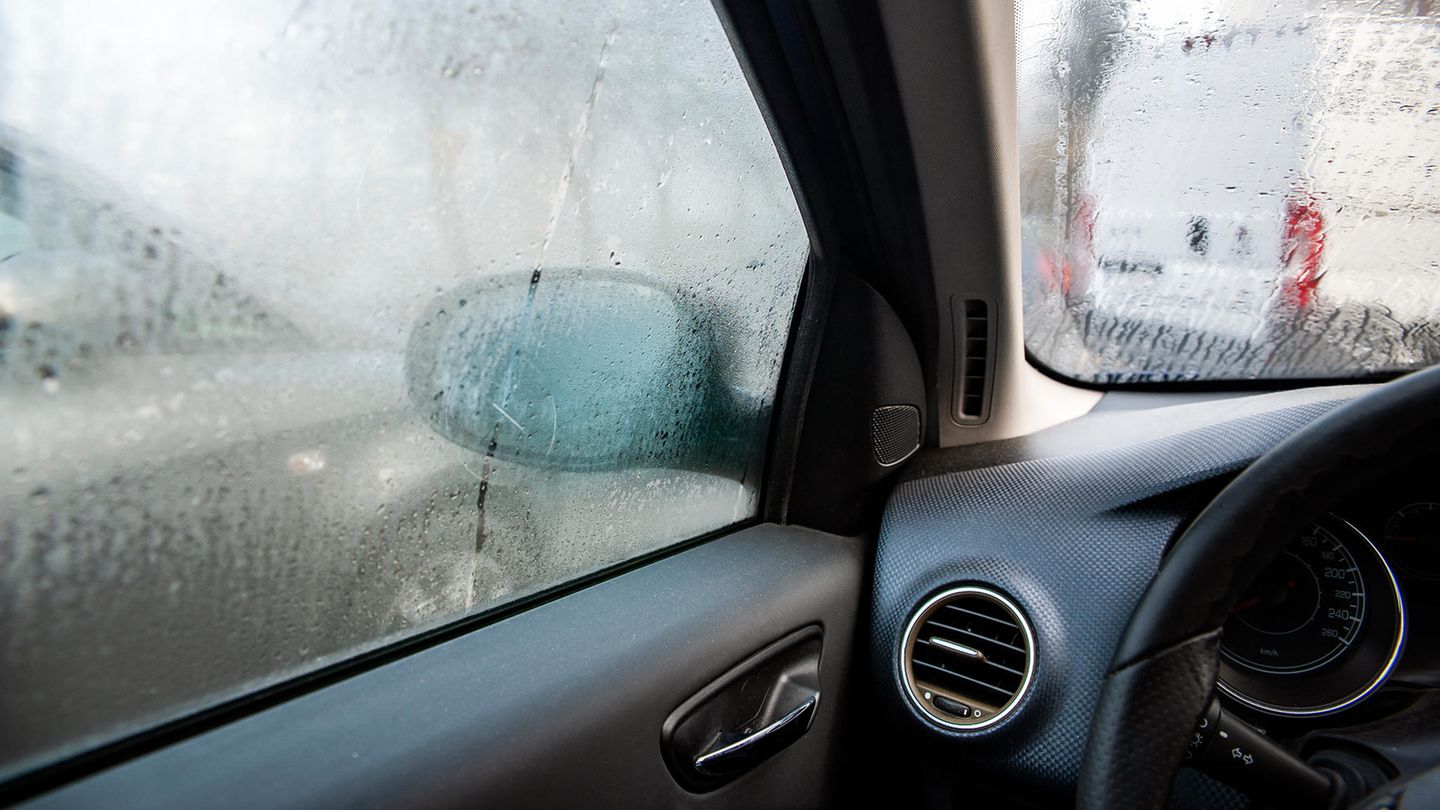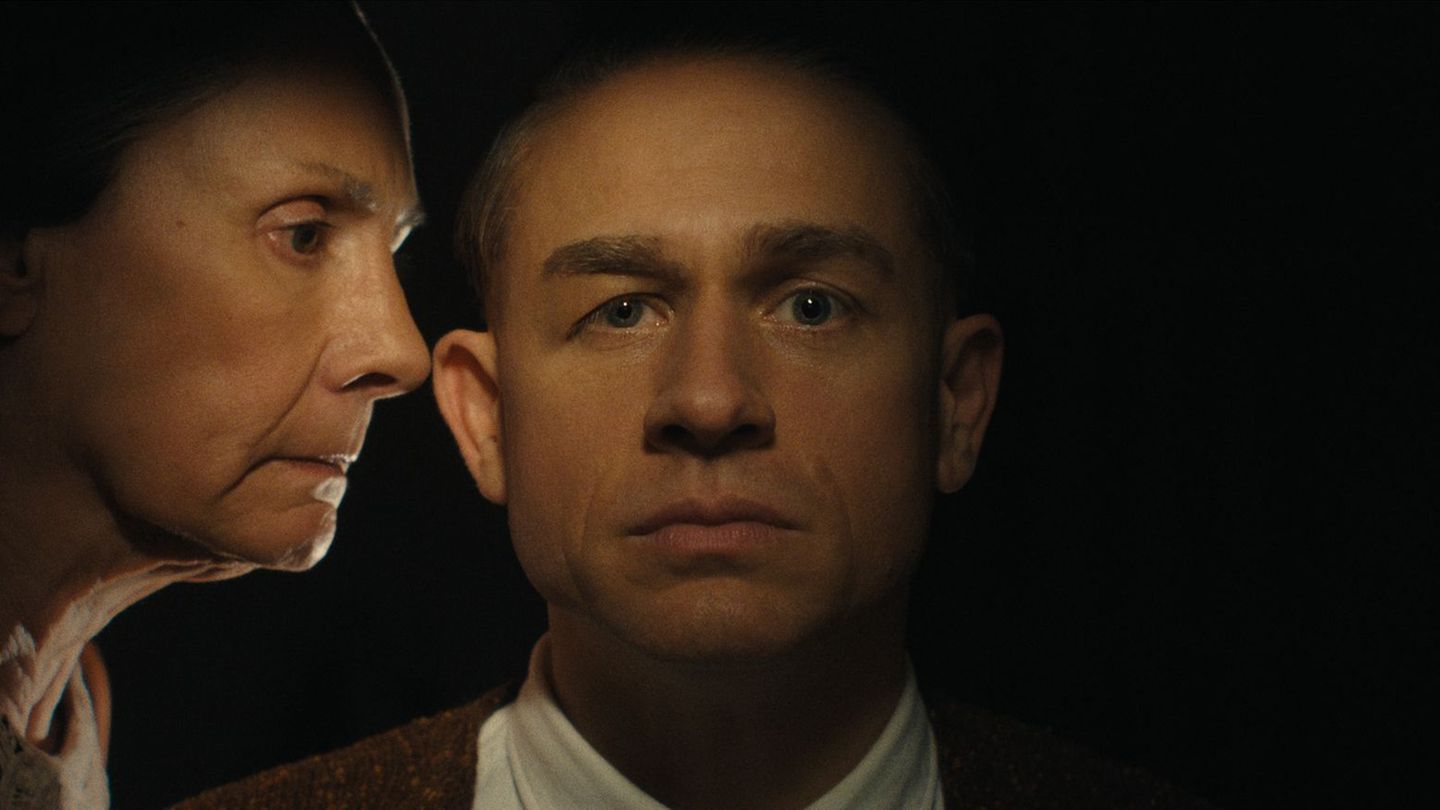Suddenly they were in the room: 100 billion euros for the Bundeswehr. The huge sum now also arouses other desires within the traffic light coalition. The Union holds against it.
A debate has broken out about the planned multi-billion dollar special budget for the Bundeswehr in view of other urgent investment projects.
Politicians from the Greens and also from the SPD spoke out in favor of investing not only in defense but also in energy security. “A comprehensive investment package is now needed for security in Europe and a crisis-proof society,” said Andreas Audretsch (Greens), member of the budget committee of the German Press Agency. In addition to adequate equipment for the Bundeswehr, security means ending the enormous dependence on oil, coal and gas from Russia – also through massive investments in the expansion of renewable energies.
Union warnings
The CDU, on the other hand, has issued clear warnings to the Greens not to use the planned special fund for upgrading the Bundeswehr for other purposes. Party leader Friedrich Merz told the news portal t-online that the government statement by Chancellor Olaf Scholz (SPD) was clear: “Two percent of gross domestic product from now on for the Bundeswehr plus 100 billion special funds for future procurement. There is no leeway for green proposals of this kind.”
The CDU defense politician Serap Güler told the German Press Agency: “It cannot be that the Greens parliamentary group is now bringing the special budget into play for the expansion of the energy infrastructure.” Güler, who is also a member of the CDU executive board, warned against “semantically exploiting these 100 billion for things that have long been on the Greens’ wish list”.
100 billion euros special fund
With the approval of the Union faction, Scholz plans to secure 100 billion euros for the Bundeswehr as a special fund via the Basic Law. Finance Minister Christian Lindner (FDP) held out the prospect of financing through new debt, but at the same time asserted that the so-called debt brake for the budget would be observed from 2023, which only allows very little new borrowing.
However, critics of the initiative do not go far enough. “My demand is very clear that the debt brake falls,” said Juso chairwoman Jessica Rosenthal in an interview with “Spiegel”. “We have to look at where we have to invest now.” These included, for example, renewable energies, education and hospital financing.
If the debt brake does not fall, a property levy must also be considered. The Greens politician Jürgen Trittin did not rule out tax increases in addition to new borrowing. “Sometimes it’s even the case that you don’t have to do one or the other, but even both,” he told the “Spiegel”.
Source: Stern
David William is a talented author who has made a name for himself in the world of writing. He is a professional author who writes on a wide range of topics, from general interest to opinion news. David is currently working as a writer at 24 hours worlds where he brings his unique perspective and in-depth research to his articles, making them both informative and engaging.




